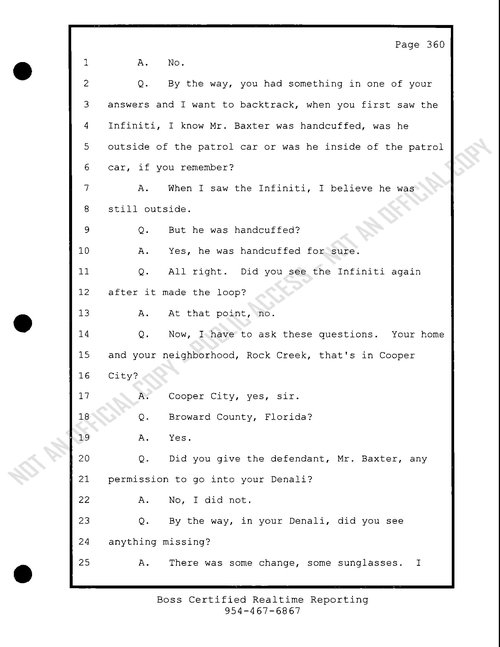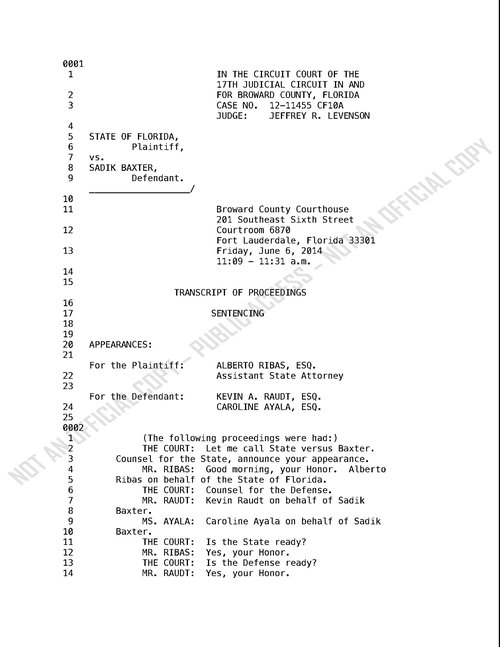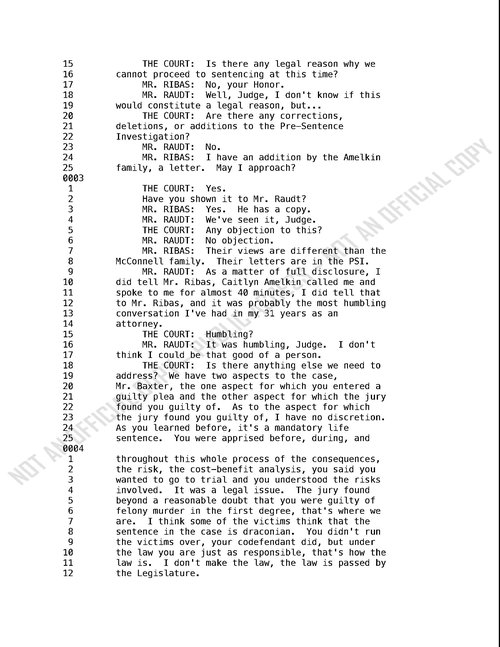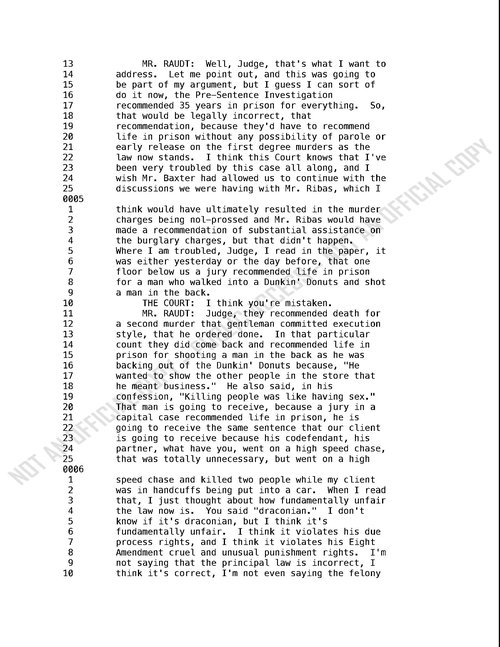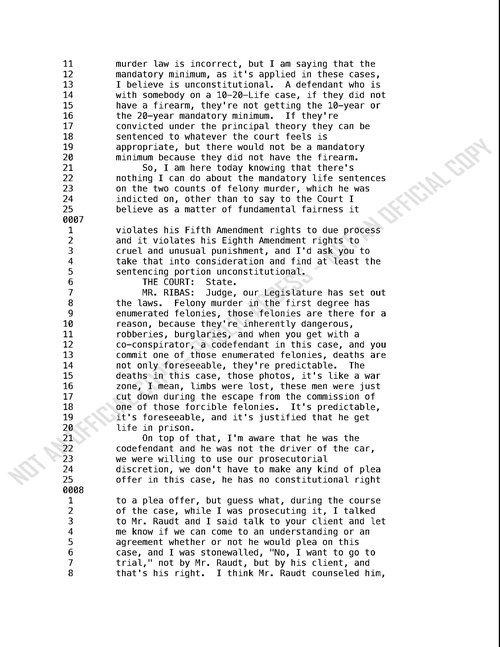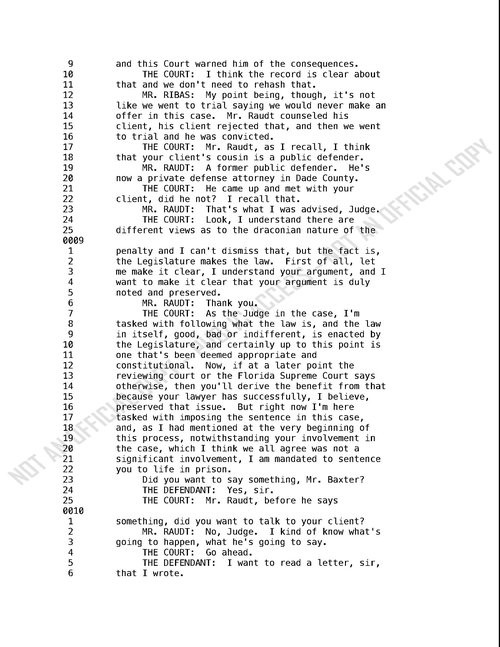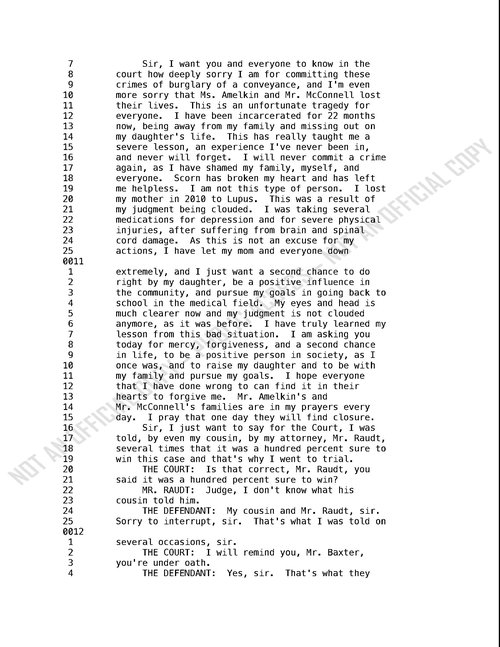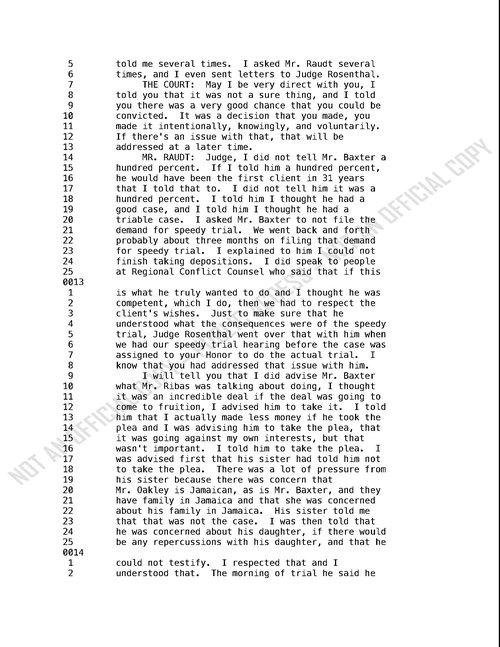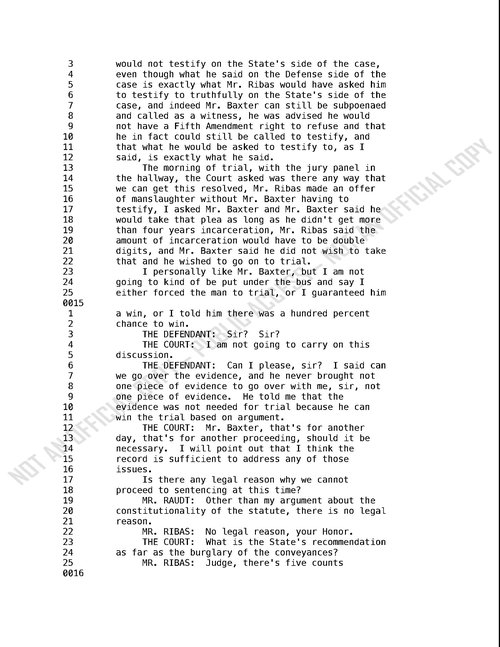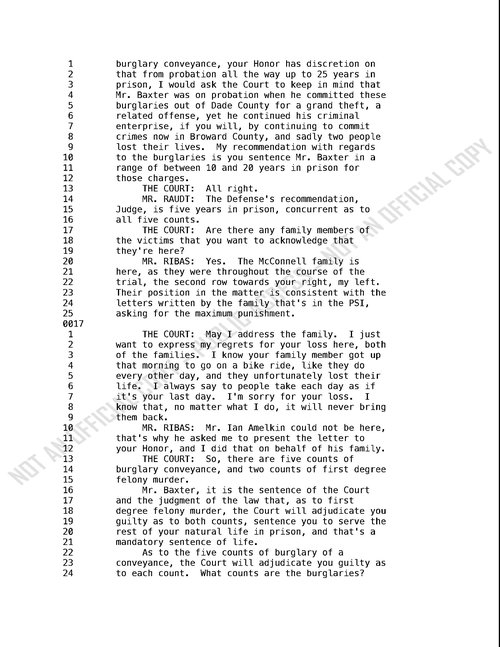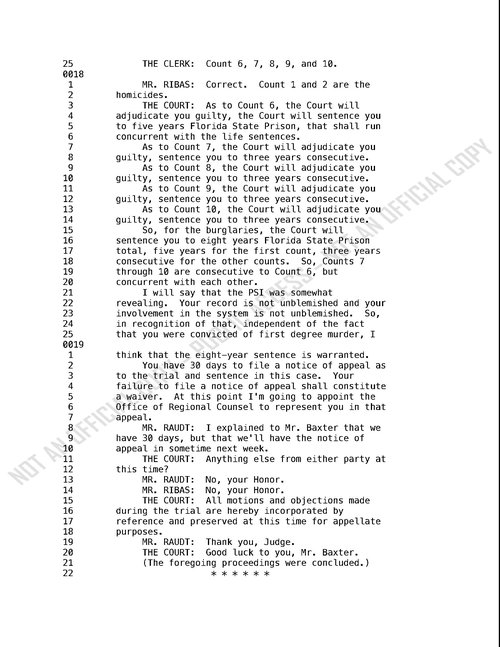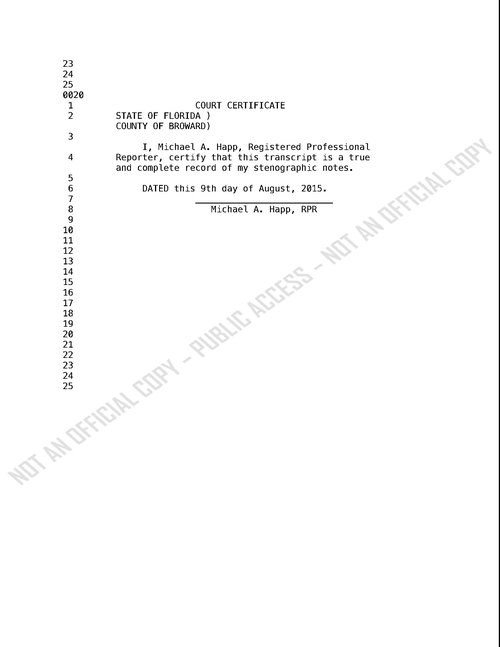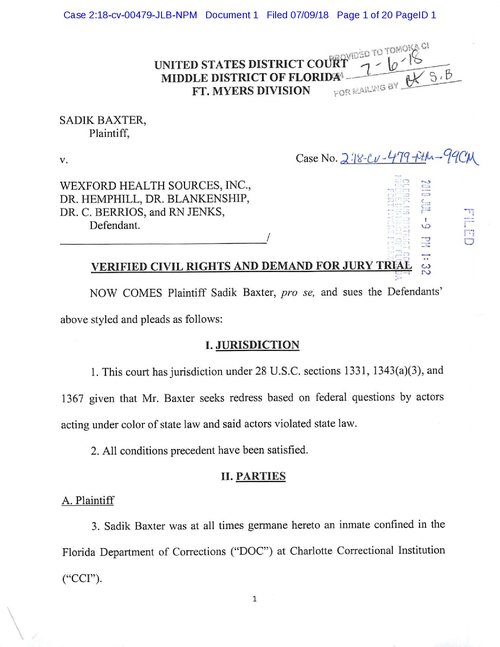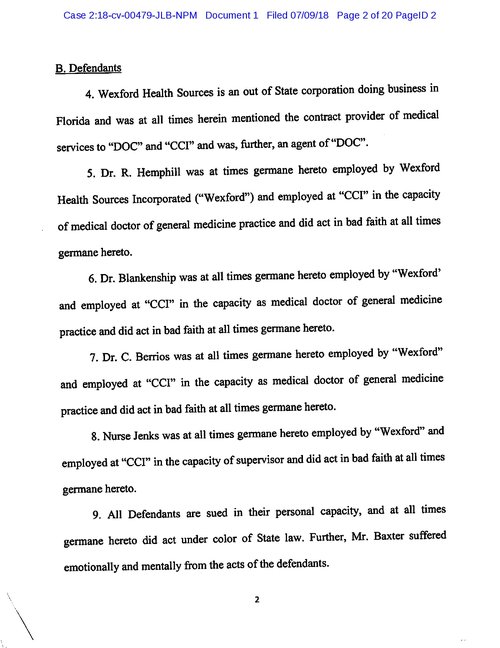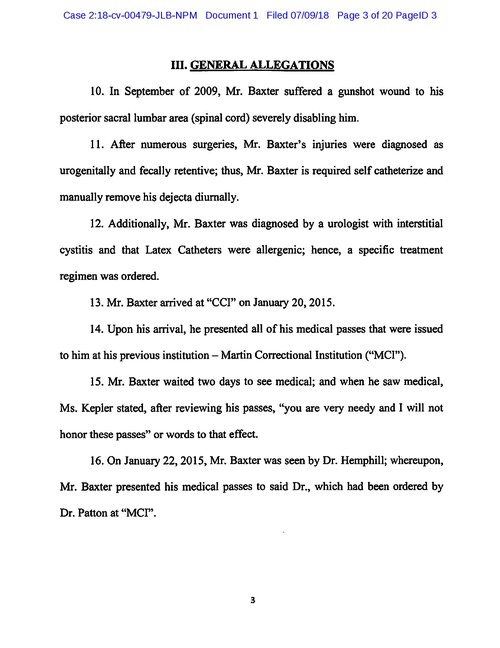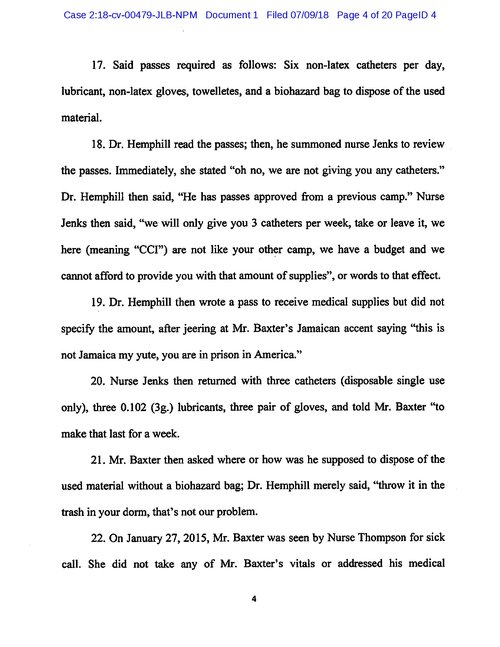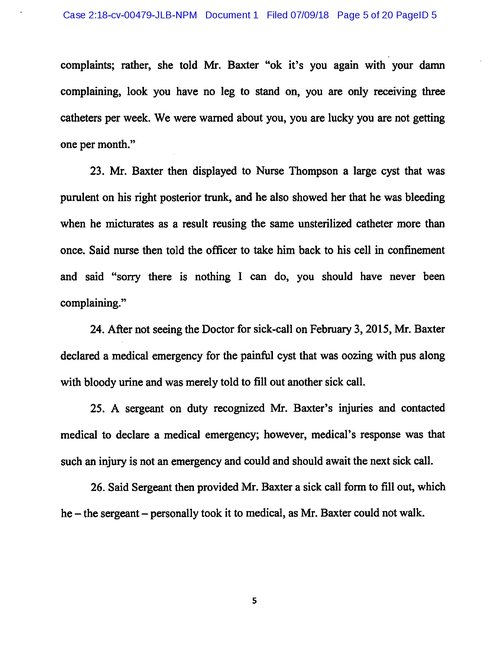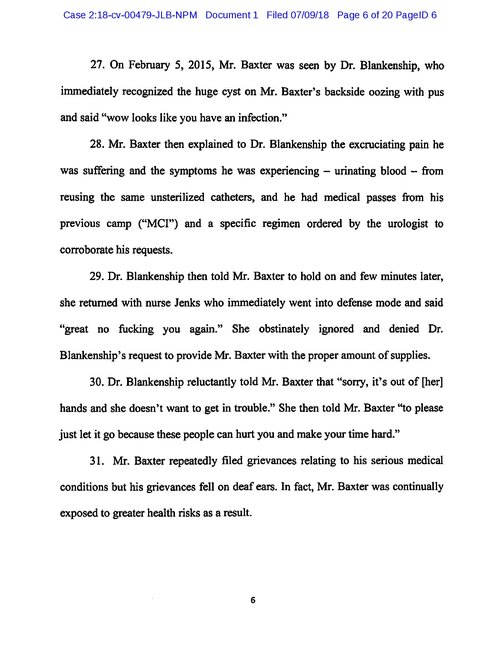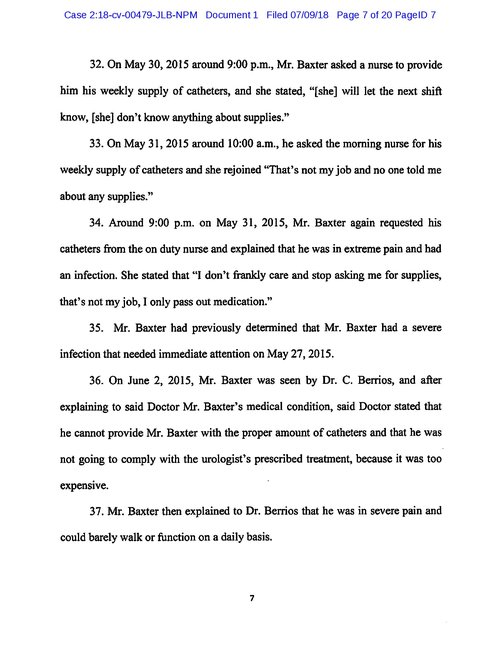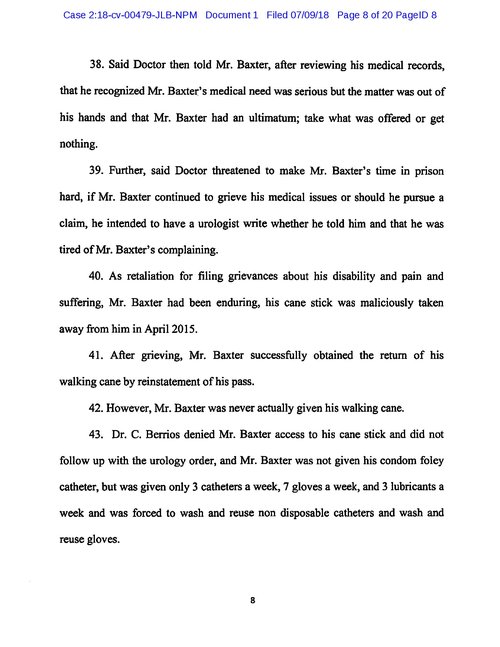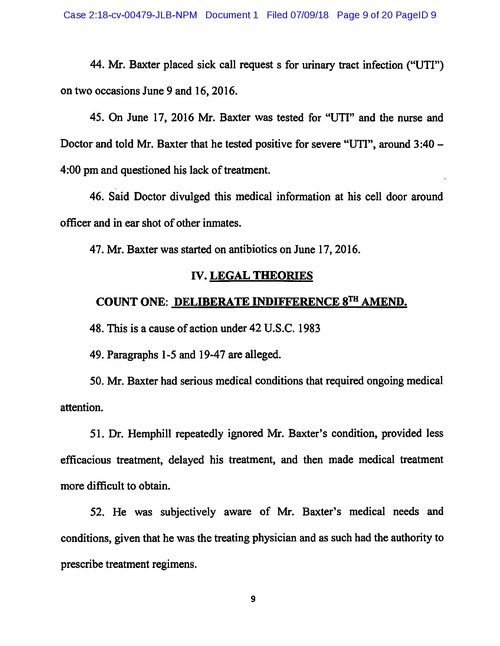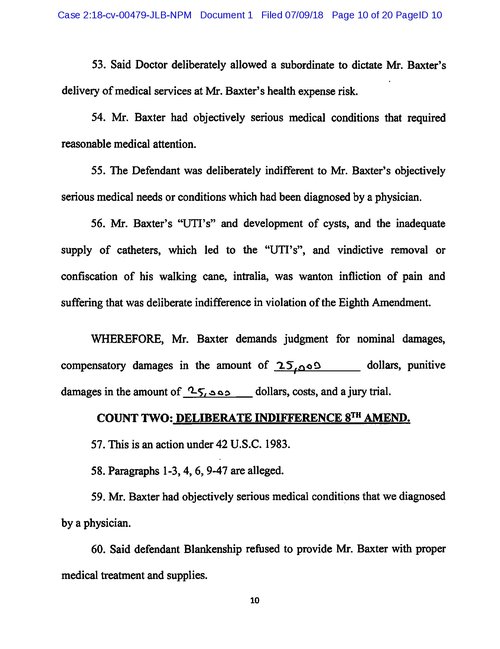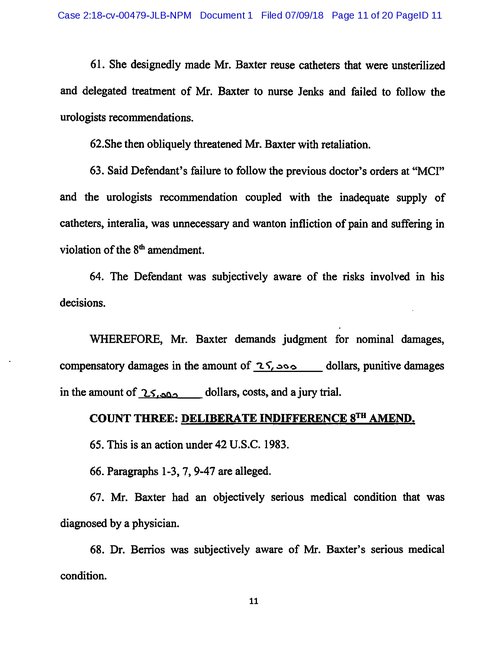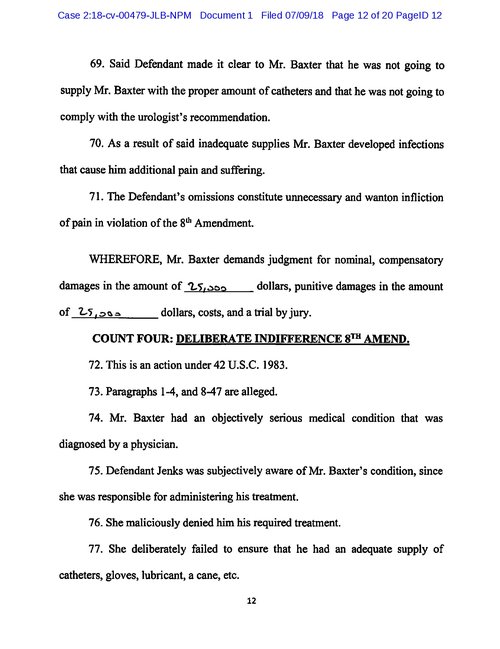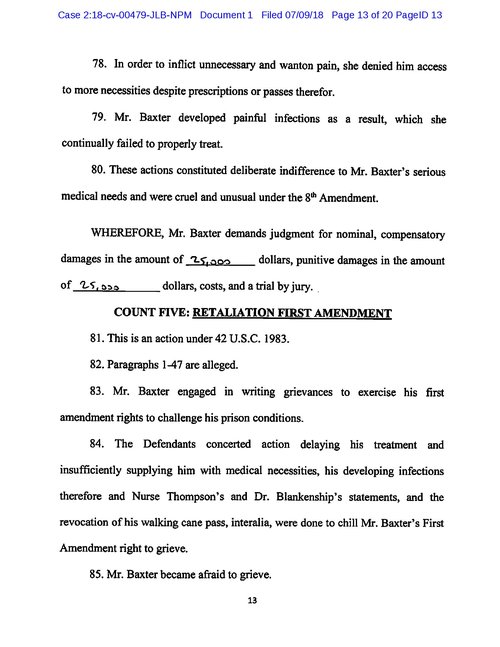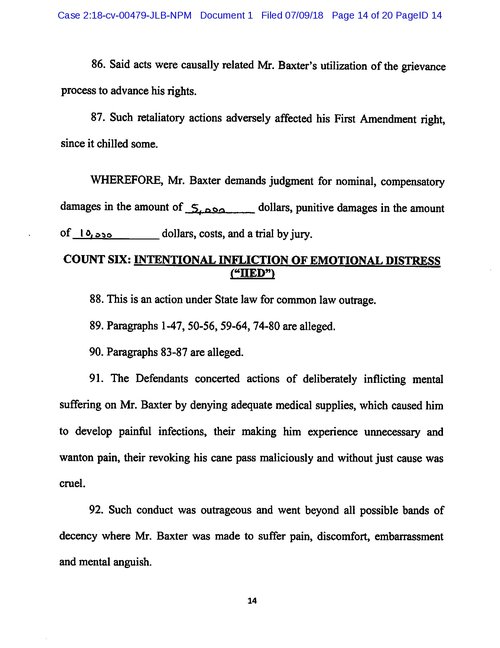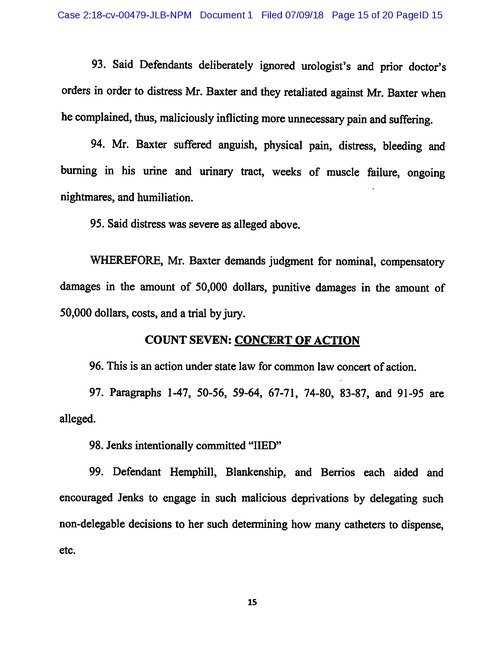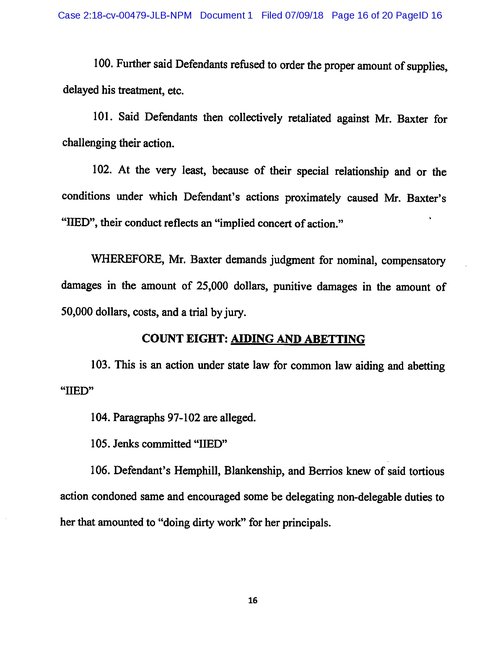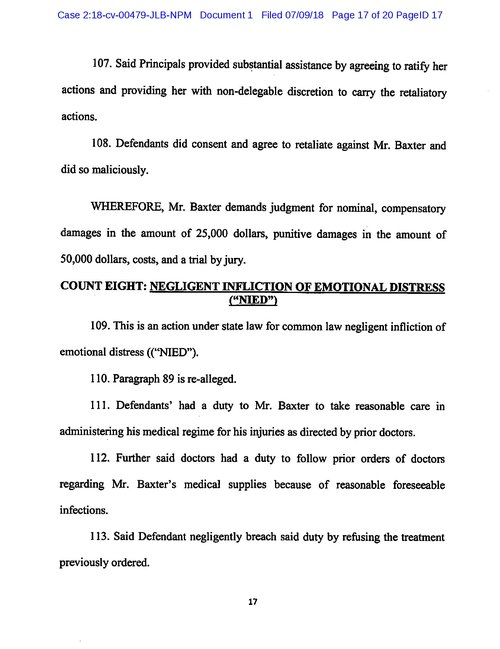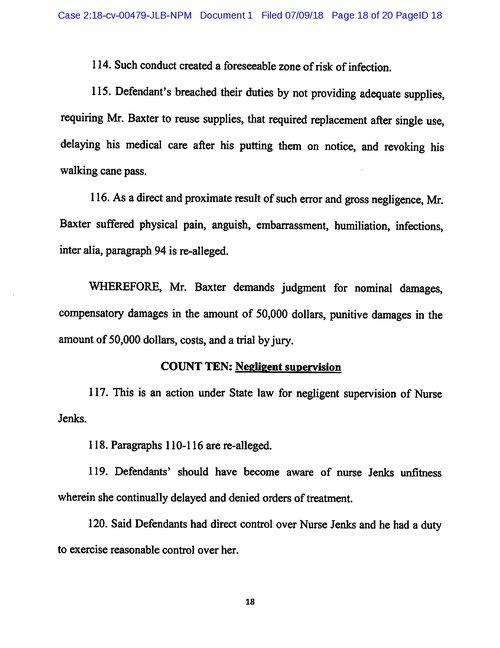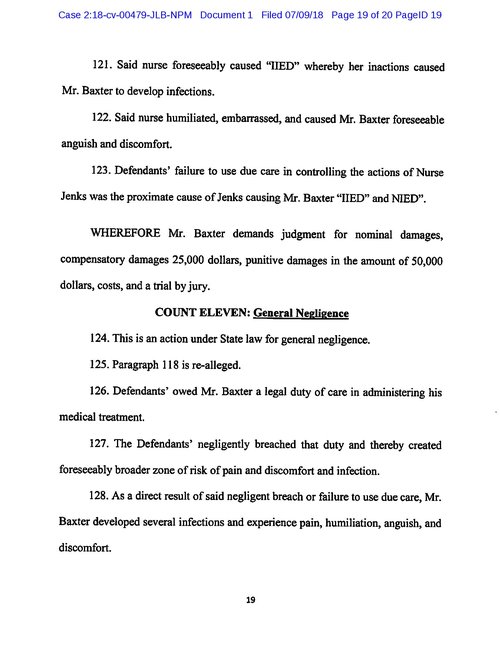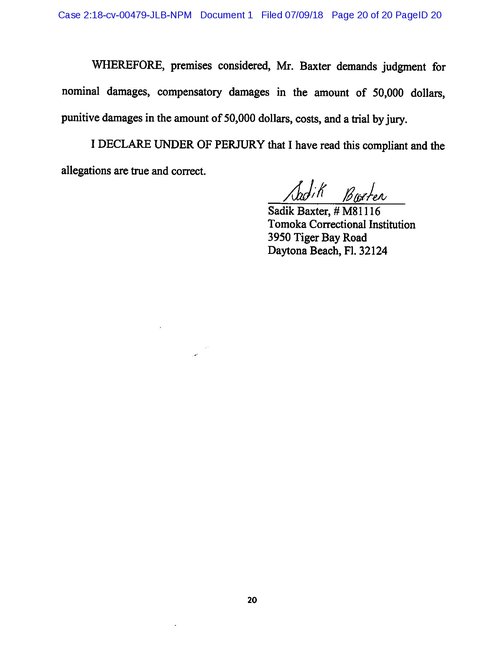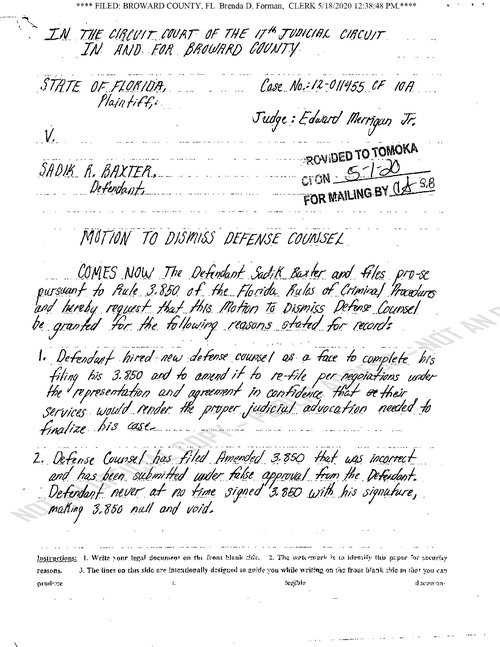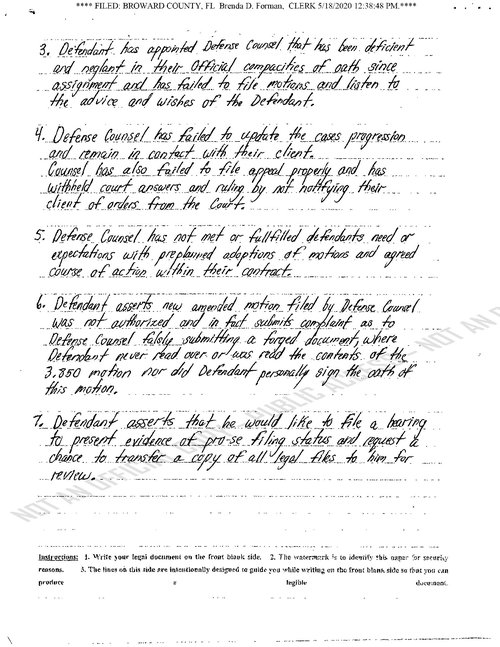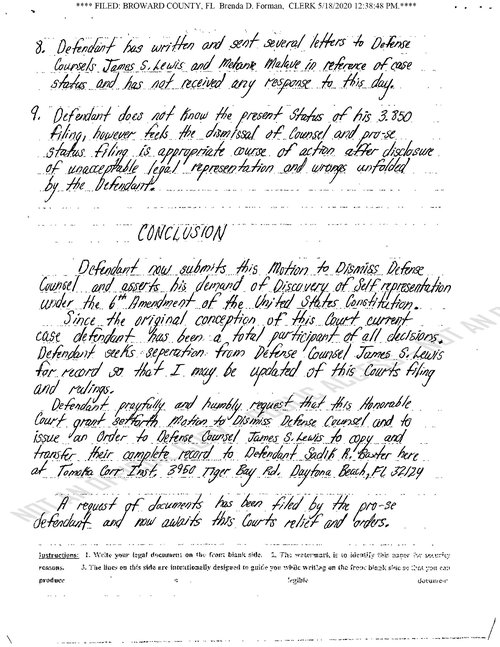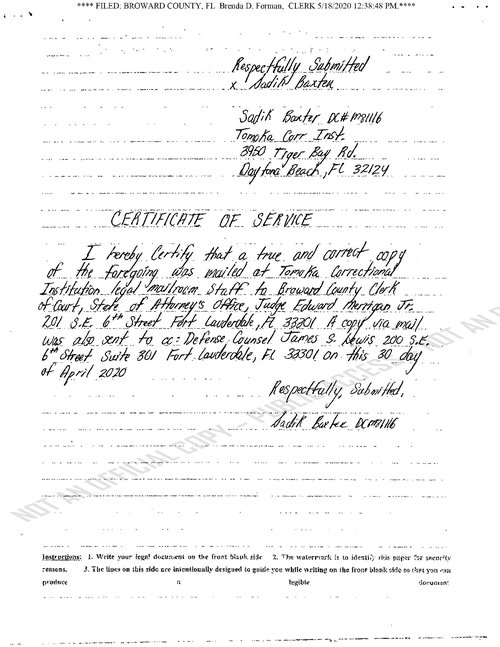
Sadik Baxter
Sadik, miles away in handcuffs, knew nothing of the fatal crash.
Sadik Baxter was stealing a pair of sunglasses and some loose change from an unlocked car in Cooper City, Florida, when a neighbor called 911.
Sadik was quickly arrested by sheriff’s deputies, and handcuffed. His friend, O'Brian Oakley, was parked on a nearby corner, in a silver Infinity; O'Brian fled the scene, and sheriffs’ deputies chased him at high speeds. Eighteen minutes later, O’Brian ran a red light and was struck by another car; he spun out and fatally struck two bystanders. Both Sadik and O'Brian were charged with two counts of first-degree murder, and sentenced to life in prison without parole.
Sadik was born in Queens, New York, in 1987, and raised in Miami Gardens, Florida – the creative, outgoing child of two Jamaican immigrants.
In his early twenties, he found work as a barber and hotel night auditor, working late at the Clay Hotel in Miami Beach. But at the age of twenty-two, he suffered a tragedy, getting caught in a nightclub shooting that led to a bullet wound in his groin; he required Percocet to manage the pain. His mother helped nurse him back to health. But soon after, their roles were reversed.
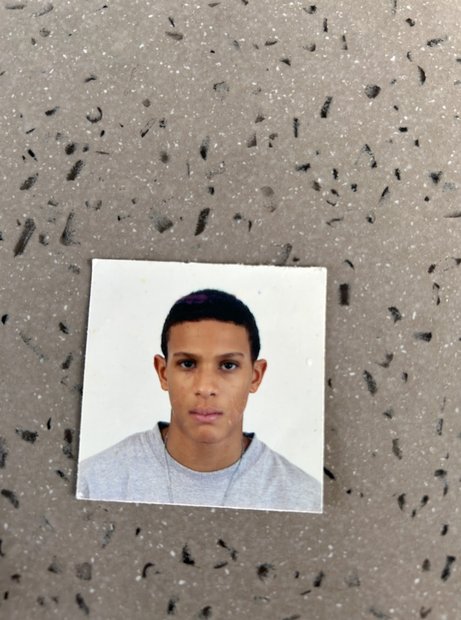
When his mother fell ill with lupus, Sadik painted her nails, massaged her back, and helped to care for her. Her death, at fifty-nine, sent Baxter into a deep depression. One thing that brought him joy was his four-year-old daughter.
As Sarah Stillman details in her New Yorker feature about Baxter, that Saturday night, August 4th, 2012, Baxter and his friend, a talented 26-year-old poet and singer named O'Brian Oakley, went out to the Hard Rock Cafe and Casino.
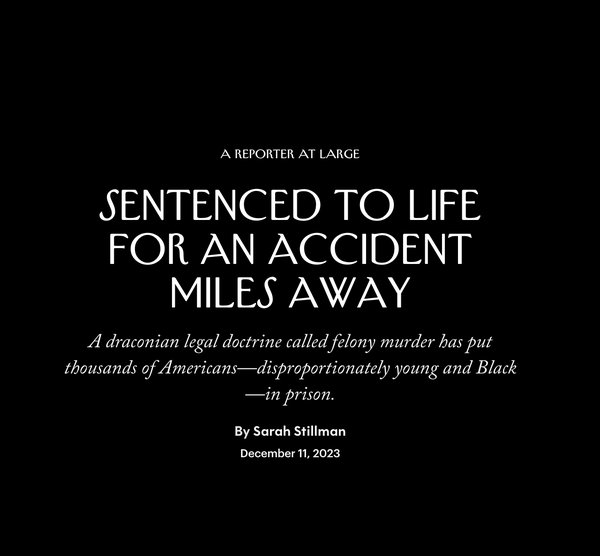
The pair dropped their savings at the Blackjack table, as a bartender shoveled free drinks in their direction. Baxter popped a Percocet, too. After he lost a bunch of cash, Baxter got stressed. He came up with a terrible idea. What if Oakley drove him to a wealthy neighborhood nearby and he offset his losses, by stealing from unlocked cars?
Just before dawn, Oakley drove, reluctantly, to Cooper City. While Sadik tested the handles of parked cars, grabbing whatever minor items he could find, O'Brian waited in his silver Infinity. Sadik was grabbing some loose change and a pair of sunglasses from a black SUV, when the car’s owner confronted him.
“Please don’t call the police!” Sadik pleaded. The homeowner had already dialed 911. The Broward County sheriff’s deputies arrived within three minutes, and an officer shouted, “Get on the ground!”
Sadik was quickly arrested, handcuffed, and placed in a deputy’s vehicle.
O'Brian, who had already driven away from the scene, got lost, and circled back around in his car. The homeowner recognized him, and pointed him out to the deputies, who gave chase; the officers pursued him at speeds that exceeded 100 miles per hour, in apparent violation of departmental policy.
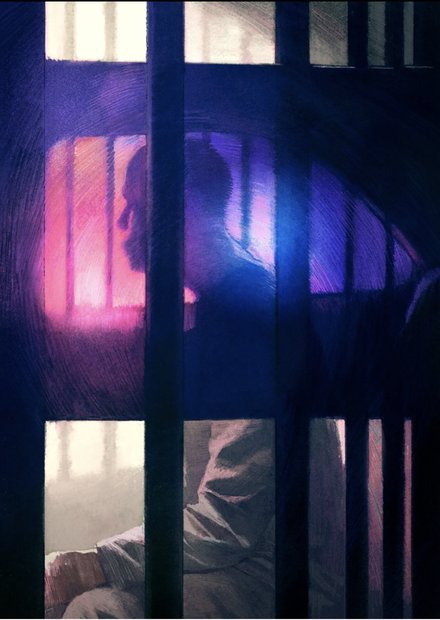
About eighteen minutes after Sadik’s arrest, O'Brian, many miles away, was struck by another vehicle, and spun out of control, fatally colliding with two bicyclists: 60-year-old Dean Amelkin, as well as Dean’s friend, 61-year-old Christopher McConnell.
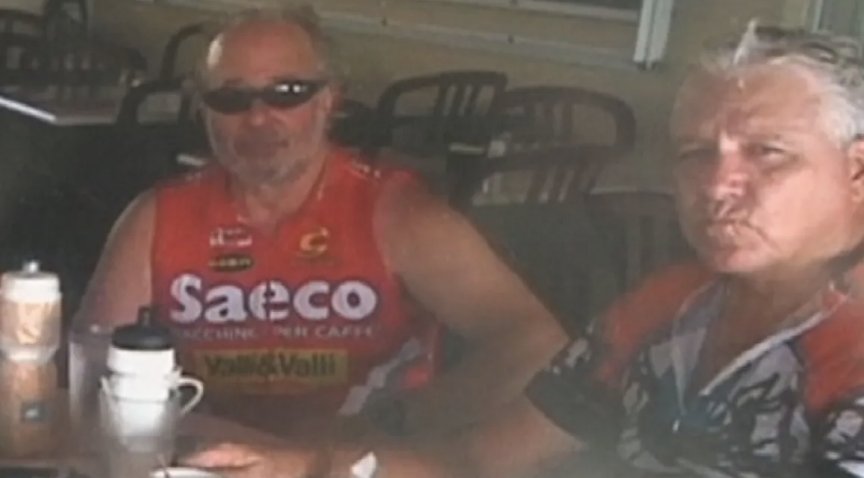
Dean Amelkin, sitting left, with his friend Christopher McConnell sitting on the right.
Sadik, miles away in handcuffs, knew nothing of the fatal crash.
Sadik, miles away in handcuffs, knew nothing of the fatal crash.
Trial transcript of the man who called the cops on Baxter, for stealing loose change and sunglasses from his unlocked vehicle.
The man is acknowledging that Sadik wasn’t at the scene of the crime and couldn’t have killed Dean or Christopher.
Later, at the sheriff’s headquarters, Sadik was still in a blue hospital gown when he confessed to the thefts from the unlocked cars. At the end of the hour, a detective queried Sadik, “Is there anything you want to ask me?”
“Yes, I want to know what’s going to happen to me,” Sadik said.
“You’re going to be arrested,” the detective said, “and you’re going to be charged with burglary.” Sadik nodded.
In a parallel interrogation, detectives broke the news to O'Brian, who, until that moment, was unaware that he had fatally struck the two bikers while his car was spinning out of control
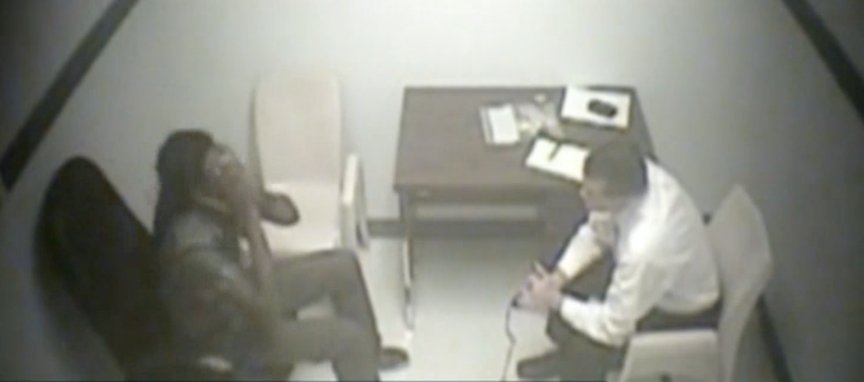
O'Brian in the interrogation room.
“Oh my god, my god, my god, my god, oh my god,” he’d cried out, collapsing. “No, no, no, no, no, no, please, please, please, please, no, no, no!” The detective held his shoulders, as he wept. Then, the detective told him, “This is turning serious.”
Baxter thought he would soon get out of jail on bail for his burglary charges. He hoped to make it back in time for his daughter’s first day of kindergarten. But several weeks later, Sadik got surprising news: a Grand Jury had indicted him for two counts of first-degree felony murder. His friend faced a double-murder charge, too.
Both young men learned that their alleged crimes were punishable by the death penalty, or else, mandatory life in prison without parole.
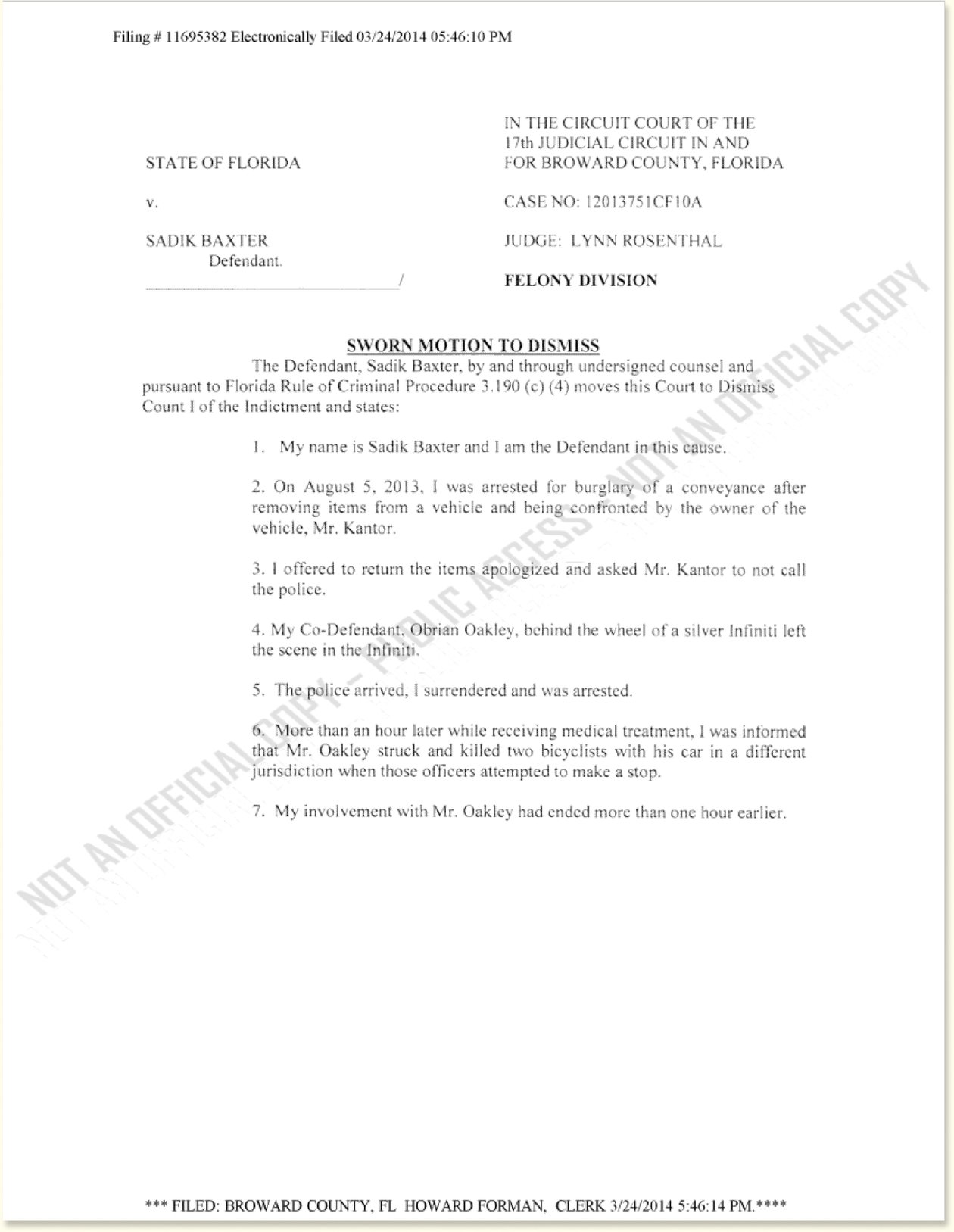
Sadik’s motion to dismiss the case.
Sadik decided to take his case to trial, certain that the jury would grasp that he had not been present at the scene of the fatal crash, nor intended for anyone to die after his arrest. He didn’t yet grasp the full weight of Florida’s felony murder rule.
As Baxter’s trial date approached, his cousin, Brian Kerlew, wrote him a letter. The two young men had grown up together, and the note started out warmly enough. “At the end of the day, despite your actions and choices, I always believed your heart was good,” Kirlew wrote. But he also issued a warning. Kirlew, a lawyer, had worked as a public defender in a nearby county.
Florida’s felony-murder rule was nearly impossible to fight, Sadik's cousin believed.
“I have tried 7 murder cases and nearly 50 jury trials,” Kirlew wrote to Sadik. “I am as experienced and competent as a trial lawyer gets. So listen to me carefully,” he wrote: “You need to take a plea deal, if you want to get out of prison alive.
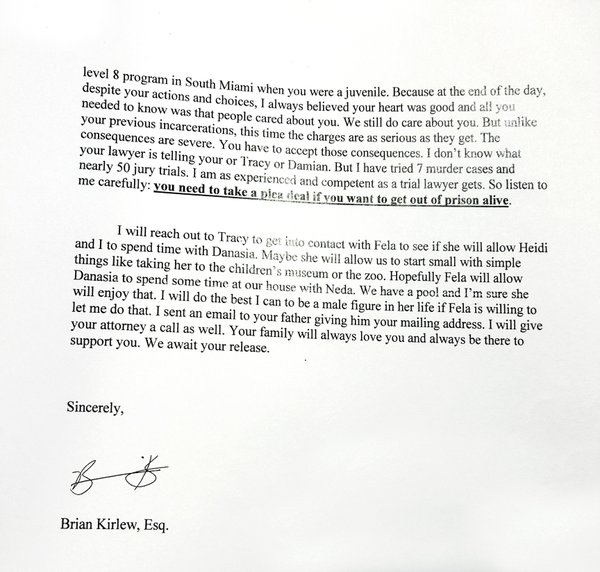
Sadik’s trial began on May 12th, 2014.
It ran for only two days. It took the jury 37 minutes to reach their verdict: he was guilty on both counts of first-degree murder.
At sentencing, the judge expressed that his hands were tied. “I’m tasked with following what the law is, and the law in itself, good, bad, or indifferent, is enacted by the legislature,” he said.
With that, he explained, “The Court will sentence you to serve the rest of your natural life in prison.”
Explore Sadik’s case file and sentencing.
In the process of trying to win his freedom, Sadik has found an unexpected set of allies: The children of one of the men whom his friend, O’Brian Oakley, hit and killed.
By the time of Sadik’s imprisonment, his daughter had turned six years old; the Amelkins didn’t want another child to lose their father as a result of this accident.
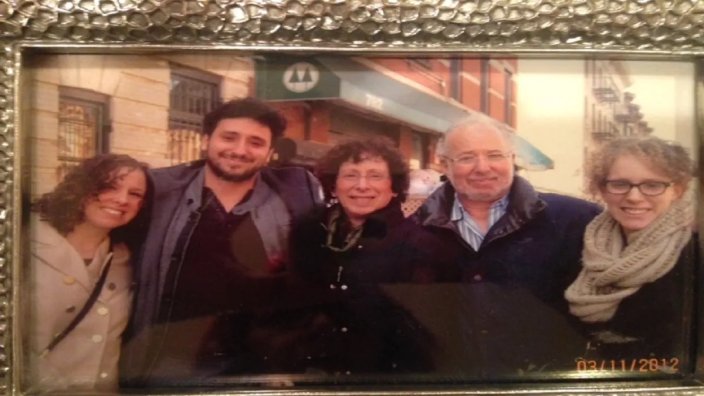
Image of the Amelkin family. Source: NBC Miami.
When Sadik and O'Brian were first charged, Donna Marcus, Dean Amelkin's wife felt conflicted. Without the two men’s choices that night, her husband would still be alive. But she felt equally sure that “those two twenty-six-year-old men did not wake up that day intending for my husband to die.”
Dean Amelkin’s children — Ian, Chelsey, and Brett Amelkin — told the judge who sent Baxter and Oakley to prison for life that watching the two men taken from their families has brought them, the crime’s survivors, immense pain.
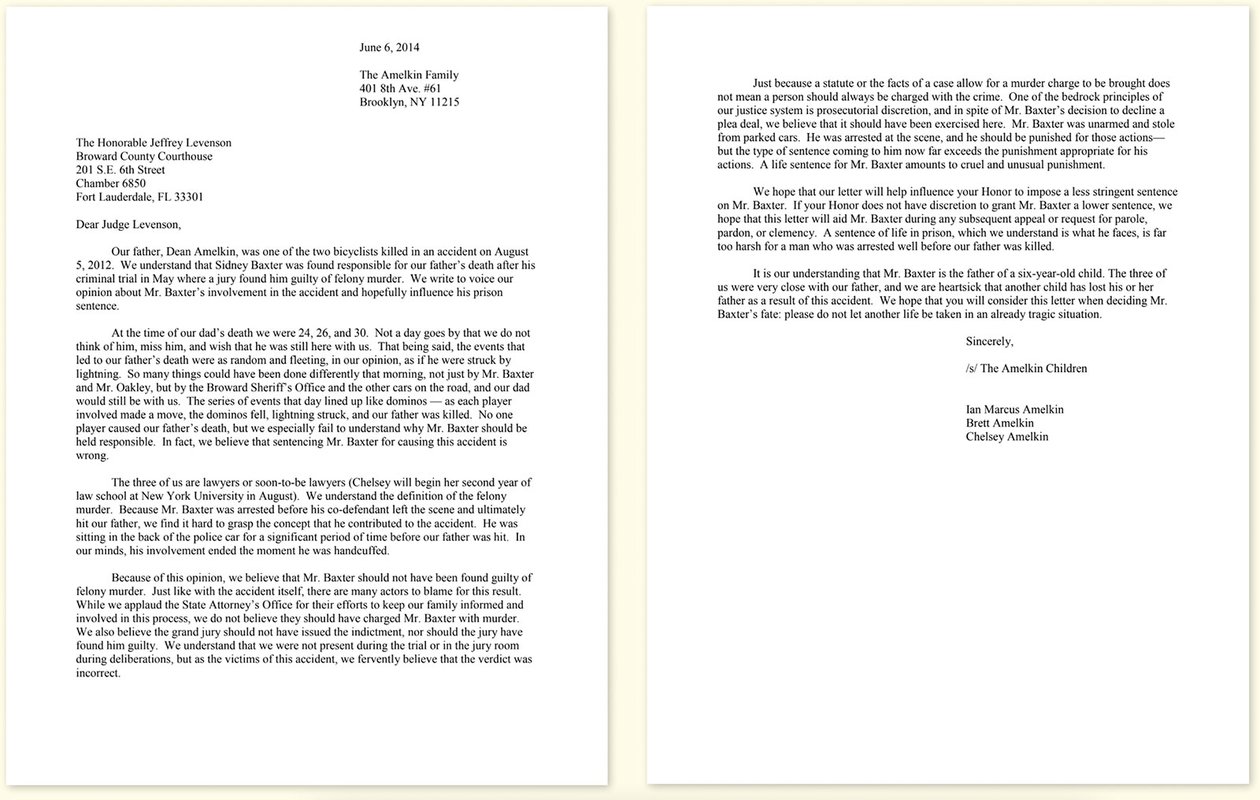
Read: The Amelkin family's impact statement. June 6, 2014.
Ian Marcus Amelkin wrote an additional victim impact statement
“Now four lives—my dad’s, Mr. McConnell’s, Mr. Baxter’s, and Mr. Oakley’s—are forever destroyed by the events of August 5, 2012." For Ian, Sadik and Oakley’s incarceration has led, he said, “to a more challenging grieving process.”
Denise McConnell, the wife of the other victim, told the Felony Murder Reporting Project that she was also shocked upon learning of Mr. Baxter’s sentence. “I didn’t know it was mandatory,” she said. “I don’t think he should be in there for life.
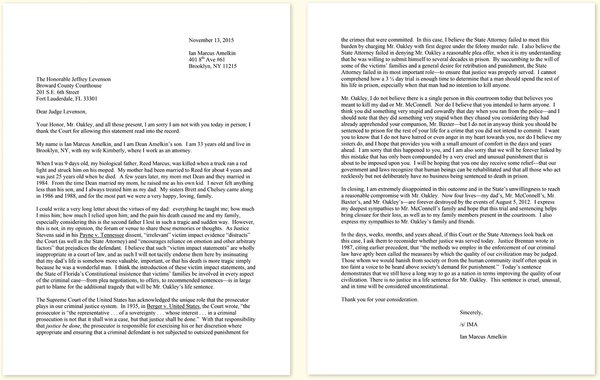
“This sentence is cruel, unusual, and in time will be considered unconstitutional.”
Ian Amelkin
According to Dean's wife, the Broward County Sheriff’s Office never apologized. "Never. No. Not once."
The Sheriff's Office never acknowledged the role they played in her husband’s death, by choosing to engage in a high-speed chase, against policy. Felony murder, Donna said, “made it easier for the sheriff’s department not to take responsibility." Once Baxter and Oakley got charged, she added, “The question of how the deaths happened got pushed aside.”

Over the past decade in prison, Sadik has become a foremost expert in Florida’s felony murder rule.
He’s spent countless hours in the prison library, examining more than 100 cases in which felony murder has been challenged in court. He’s filed dozens of legal briefs, challenging his original conviction in state court, and also suing two private prison healthcare companies for medical neglect.
Explore Sadik’s lawsuit against the prison.
In the fall of 2021, Baxter sat down to write the most detailed legal brief of his life — a federal claim that laid out everything he’d learned across the past decade about the injustices of the felony-murder rule. At the heart of his conviction, he argued, was a clear Constitutional violation. His life sentence was “grossly disproportionate,” and therefore “constitutionally prohibited by the Eighth Amendment.”
Sadik’s handwritten motion to dismiss defense counsel.
Sadik and O'Brian continue to hope that they’ll find a way to reopen their cases, and return to their families.
One night this past April, Sadik got surprising news. A federal judge had ruled on his habeas petition. “The court agrees that the life sentences in this case were harsh,” wrote U.S. District Judge Beth Bloom. But Sadik faced significant obstacles, due to a 1996 law that has made federal habeas claims much harder for people in state prisons to win, even if a judge agrees they have valid Constitutional claims.
In a small miracle, the judge granted Baxter a “certificate of appealability,” giving him the right to keep fighting his case.
“I’m not fully dead!” Sadik exclaimed, when he got the news.
